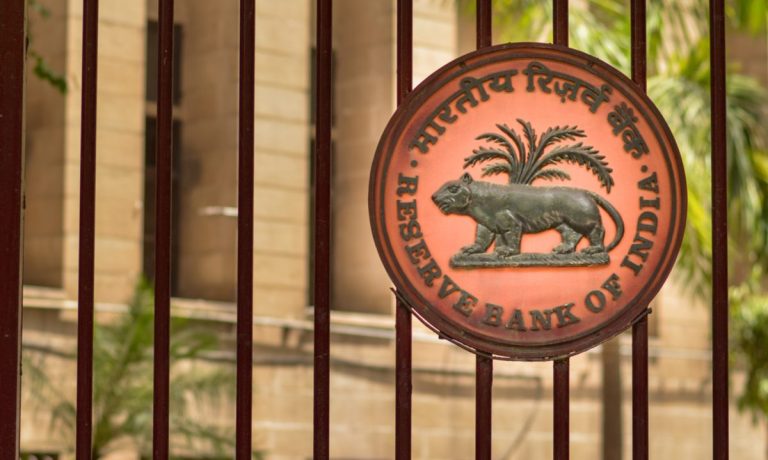RBI Hikes Cap on e-Rupi to Push Offline Digital Payments

The e-Rupi voucher cap is increasing to ₹1 lakh, which will add to digital payments offline and make for more direct transfers without a bank account, according to a Sunday (Feb. 13) report from Mint.
The Reserve Bank of India (RBI) made the change on Thursday (Feb. 10), allowing for the vouchers to go for ₹1 lakh from ₹10,000. The change also allows for one voucher to be used multiple times until it has been fully redeemed.
“It will ensure better digital delivery of benefits of the central and state government schemes to the beneficiaries. Hence, it is likely to play a major role in strengthening direct benefit transfer (DBT) to citizens at the last mile, making it more transparent,” said Anand Kumar Bajaj, co-founder, CEO and managing director of PayNearby.
Bajaj said that, in contrast to the other digital payment formats, e-Rupi won’t need beneficiaries to get a bank account. In addition, it works on basic phones, and those who don’t have a smartphone or are in places without an internet connection will still be able to use them.
In addition to extending the cap, experts have said the acquiring infrastructure should also be upgraded and integrated with existing point of sale (POS) systems, per the report.
This, according to Reeju Datta, co-founder of Cashfree Payments, means that private corporates and others will be encouraged to use it more often. Additionally, more links may be created between the currency and a proposed digital currency, which could be issued by fiscal 2023.
PYMNTS wrote that smaller Indian businesses have been embracing the digital shift, with merchants like Razorpay creating a business-to-business (B2B) ecosystem for Indian businesses.
See also: India’s Small Businesses Turn to Digital Ecosystems to Ease Payments, Ordering, Logistics and More
The company has been working with the national Unified Payments Interface (UPI) to allow for more services for things like tax payments, lending, neobanking and more.
According to CEO and co-founder Harshil Mathur, India’s demonetization in 2017 allowed for more things like cash on delivery.
“[Demonitization] was a big boost for digital payments in India because suddenly nobody had cash and every major business in India wanted to go digital,” Mathur said. “That’s why we created this solution, to allow any business to go online within a matter of minutes, instead of days or weeks.”